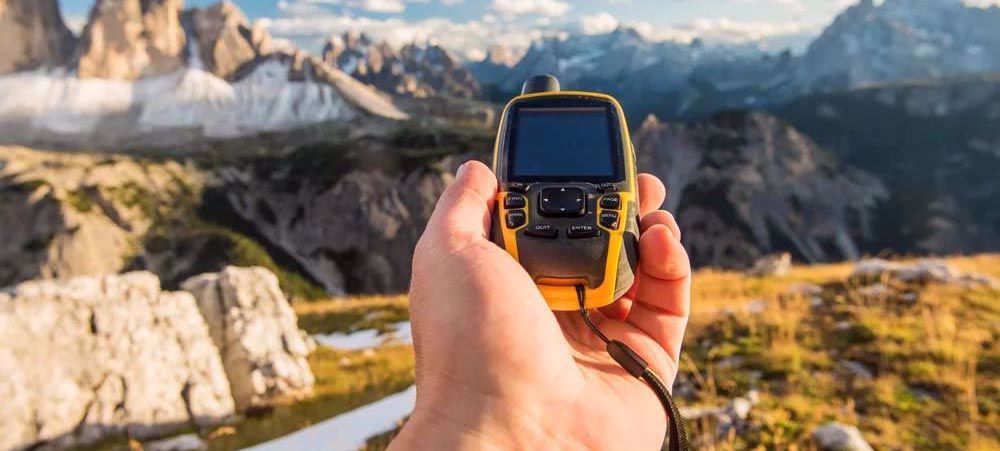Let's start with the premise that there are lots of good adventure travel companies out there and that the great majority of companies that survived the last 3 years are doing something right, at least for some people. What you want is to find the one or ones that you'll be happy with. And that involves knowing yourself and what you're looking for.
Unfortunately I don't have a travel personality quiz for you to take if you're unsure, but I can suggest 5 steps. As you take each step, pay attention to how you feel and what your gut is telling you.
1. Look at the website. In particular look at the Who We Are section. Now surprisingly enough, many companies have a Who We Are section that says absolutely nothing about who they are. But what you want to look for are their experience, their philosophy, and how you feel about what they're saying about who they are. You should not come away from a website with absolutely no idea of the company personality or what kind of customers they're trying to attract.
2. Look at their Facebook page. Some companies haven't gotten into social media yet, and a limited or absent Facebook page doesn't mean they're not perfectly fine. BUt what companies choose to post and what kind of response they get (and how they respond to responses) can be informative.
3. Call them. I know, you're afraid they'll try to sell you something and you'll end up on a trip you really didn't want to go on but got talked into. That might happen with a company that is desperate or only has the short term in mind.
But think about it this way- why would any company want you on a trip that you weren't happy with or wasn't appropriate for you? Your unhappiness will almost certainly be obvious, it will affect the other people on the trip, and you'll go home and share your negative experience with others - and probably post it on your Facebook page too. You will be particularly unhappy if you think you were given the wrong or insufficient information to make the right decision - and the internet gives us myriad ways of making our unhappiness known. Ethics and morality completely aside, it makes good business sense for a company to help people choose a trip that will delight them, or to be honest if there isn't a good fit. So call, ask all the questions you can think of. And if you think you're being sold, look elsewhere.
4. Ask for references. Especially if you're considering a certain trip, ask to contact people who have been on it previously. If a company tells you that they don't give out the contact information of people who have traveled with them, that's absurd. Of course they shouldn't do it without permission. But at the least they should be willing to contact some clients and ask them if it would be alright to share their email, phone number, or whatever.
But won't they just give you names of people who thought they did a good job? Of course! So what you want is to ask questions such as: How many trips have you taken with Company XYZ? Why do you like them? What did you think of the guides? What are the other people who go on the trips like? Remember, you're trying to figure out whether this company is a good fit for you, not whether it's a good company.
5. Look for reviews on the internet. In particular you might go to one of the travel websites with an active discussion page and search for the company name or post a question asking for feedback about a company. While customer reviews are undoubtedly the wave of the future, right now its pretty hit or miss and more likely to be successful for the larger companies. But again, it's not just whether a person likes or dislikes a company, it's why.
Do I really believe there are no bad adventure travel companies? Pretty much. Or at least I think they won't be in business for more than a few years. But I do believe there is lots of potential for customer/company mismatches, and that's what I hope this will help you avoid.
In the next blog post, I'll discuss how to look at prices as part of the trip decision making process.



